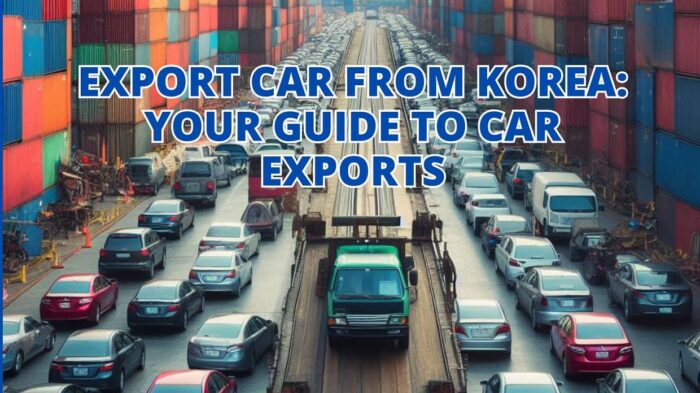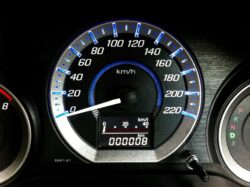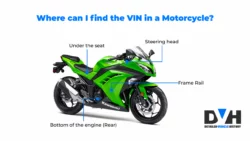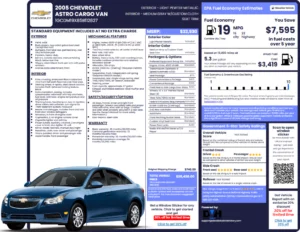When it comes to international trade, “export car from Korea” is becoming a prevalent phrase as more individuals and businesses explore the potential of sourcing and exporting used vehicles. This guide will navigate you through the process, while shedding light on crucial aspects like car accident reports and the role they play in buying used cars in the USA for export, exporting cars from Korea and so on.
How to Export Cars from Korea
Did you know that in 2022, the total number of vehicles exported from South Korea was 2,300,000? According to Statista, the least number of vehicles exported annually from the Country is 1.8 million, and that was in 2020. The process, however, isn’t as easy as it may seem. Exporting cars from Korea involves understanding the market demands, the documentation required, and establishing reliable supply chains and can be a lucrative venture if done correctly. Here is a step-by-step guide on how to export cars from Korea:
Market Research and Vehicle Selection
Begin by researching the target market for your exported cars. Different countries have varying demands for specific vehicle types and models.
Select the vehicles you want to export based on the preferences and requirements of your target market. Consider factors like make, model, age, and condition.
Obtain Necessary Licenses and Permits
Ensure that you have the required licenses and permits to engage in the export business. Check with the relevant government authorities for the specific regulations and paperwork needed.
Verify Vehicle History
Before purchasing vehicles for export, obtain a comprehensive vehicle history report for each vehicle. This report will provide crucial information about the vehicle’s condition, maintenance history, and any past accidents or damages.
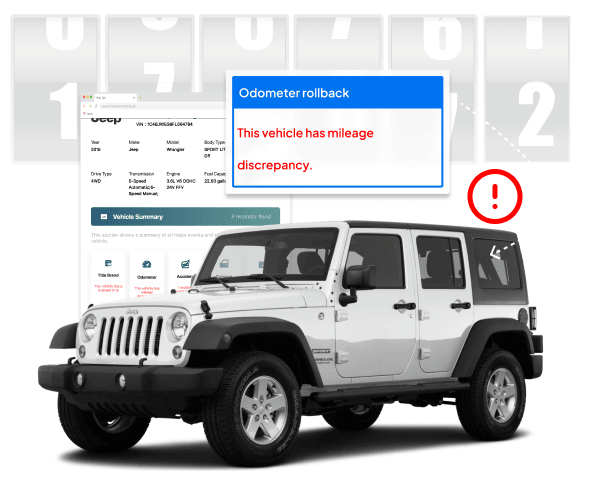
Purchase the Vehicles
Source the selected vehicles from reputable dealerships, auctions, or private sellers. Make sure all necessary documentation, including the vehicle title and export certificate, is in order.
Preparing the Vehicles for Export
Ensure that the vehicles meet the export requirements of the destination country, including emissions standards and safety regulations. Any necessary modifications should be made.
Arrange for vehicle inspections and emissions tests if required by the destination country.
Documentation and Customs Clearance
Prepare all the required export documentation, including the bill of lading, commercial invoice, certificate of origin, and export declaration.
Work with a customs broker or shipping agent to facilitate the customs clearance process in Korea.
Export Declaration and Taxation
Submit the export declaration to the Korean Customs Service and ensure that all taxes and duties related to the export are paid.
Arrival at Destination
Once the vehicles arrive at the destination port, work with customs authorities to clear the vehicles through customs in the destination country.
Distribution and Sale
After customs clearance, you can arrange for the distribution and sale of the vehicles in the target market. This may involve partnering with local dealers or establishing your sales channels.
Compliance with Import Regulations
Ensure that the vehicles comply with all import regulations and standards of the destination country.
Marketing and Sales
Implement a marketing strategy to promote the imported cars in the target market. Consider factors like pricing, advertising, and customer support.
Post-Sale Support
Provide after-sales support, including warranty services and maintenance, to build trust and reputation in the target market.
Record Keeping and Compliance
Maintain meticulous records of all transactions, documents, and financial transactions related to the export business. Stay compliant with tax regulations and reporting requirements in both Korea and the destination country.
It’s essential to conduct thorough research, seek professional assistance when needed, and stay informed about the latest export regulations and market trends to ensure a successful car export business from Korea. One more thing, you also need a detailed vehicle history report. Why? We’ll find out in the next section.
Export car from Korea: Role of Used Car history reports
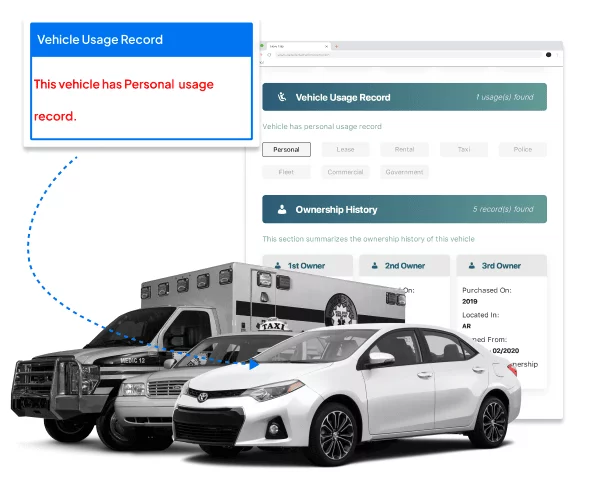
Exporting cars from Korea requires a thorough understanding of a vehicle’s history, making used car history reports from Detailed Vehicle History a vital component of the process. These reports play a crucial role in ensuring transparency, trust, and informed decision-making for both exporters and buyers. Let’s take a look at the role of used car history reports in the export car from Korea scenario:
- Assuring Vehicle Condition: Used car history reports provide a comprehensive overview of a vehicle's past. They include information about previous accidents, repairs, and maintenance. This information is vital for buyers and exporters to assess the overall condition of the vehicle accurately
- Transparency for Buyers: Transparency is key in the automotive industry. When you export a car from Korea, especially to international markets, potential buyers will want to know the vehicle's history. Used car history reports provide an objective account of the vehicle's past, helping buyers make informed decisions.
- Building Trust: Trust is a critical factor in international car exports. By providing access to the vehicle's history report, you demonstrate your commitment to transparency and fairness. This can significantly enhance your reputation and build trust with customers.
- Identifying Potential Issues: Used car history reports can uncover hidden issues or prior damage that might not be visible during a physical inspection. Identifying these issues early allows for proper evaluation and potential negotiations on price or repairs.
- Meeting Legal Requirements: In many countries, providing a detailed history report is a legal requirement when selling or exporting used vehicles. Failing to comply with these regulations can lead to legal complications and hinder the export process.
- Accurate Valuation: Used car history reports can help establish the fair market value of the vehicle. This is essential for setting an appropriate selling price and negotiating with buyers.
- Facilitating Cross-Border Transactions: When exporting cars from Korea to other countries, particularly those with stringent import regulations, used car history reports can facilitate the customs clearance process. Some countries may require these reports as part of their import documentation.
- Reducing Risk: By having access to a vehicle's history report from Detailed Vehicle History, exporters can mitigate the risk of selling a car with undisclosed issues or accident history. This reduces the likelihood of disputes or dissatisfied customers.
In summary, used car history reports are an invaluable tool when exporting cars from Korea. They provide transparency, help build trust, and ensure that both exporters and buyers have a clear understanding of a vehicle’s past. Utilizing these reports not only benefits your export business but also enhances the overall integrity of the international used car market.
Sign up with Detailed Vehicle History today and get started.
Frequently Asked Questions
Exporting a car from Korea involves steps like vehicle selection, documentation, customs clearance, and logistics. Ensure compliance with export regulations.
A car accident report reveals a vehicle’s accident history, helping buyers assess its condition and safety. It’s crucial for transparency and making informed decisions.
Purchasing used cars in the USA for export can involve sourcing from auctions, dealerships, or private sellers. Ensure compliance with US export regulations.
Carfax reports provide comprehensive vehicle histories, including accidents, maintenance, and title information. They enhance buyer confidence and transparency in the export process.

